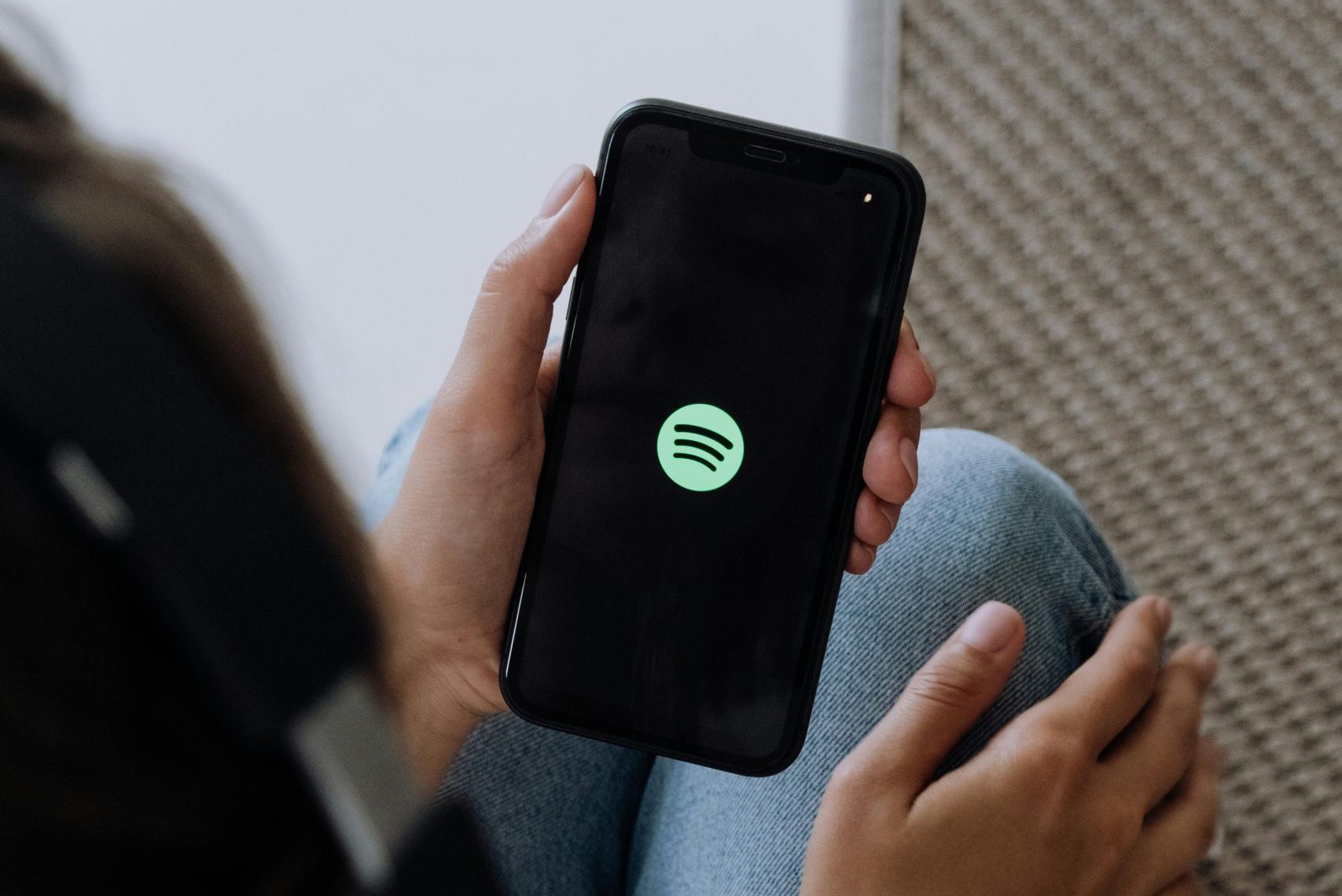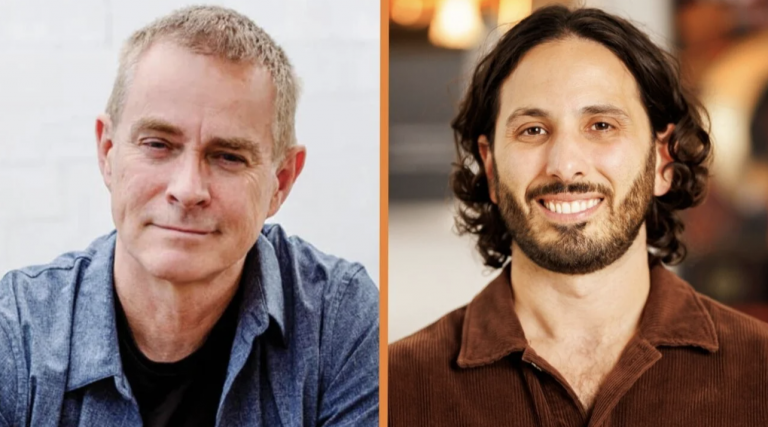
In a significant move for the music industry, Spotify and BMG have announced a new, direct, multiyear US publishing licensing deal. This agreement, unveiled on October 8, 2025, is a major step toward changing how creators are compensated in the streaming economy. Designed explicitly “to deliver greater value to songwriters and their teams,” the partnership moves beyond the outdated statutory rate model, promising a fairer slice of the streaming revenue pie for writers.
Bypassing the CRB Model for Higher Royalties
The core of this agreement is its departure from the traditional CRB model—the complex statutory process that sets mechanical royalty rates. This is crucial because it directly addresses the contentious “audiobook bundling” loophole, which previously allowed Spotify to significantly cut mechanical royalty payouts starting in March of last year.
By striking this direct deal, BMG songwriters will now receive remuneration from this agreement combined with their MLC payouts, resulting in higher overall royalties than they would have received under the standalone, low-rate bundle treatment. This deal confirms Spotify’s strategy of forging direct agreements, following similar recent partnerships with other major publishers like Kobalt, Sony Music, Universal Music Publishing Group, and Warner Chappell Music.
A Shared Vision for Collaboration and AI Protection
This new licensing model reflects a unified vision from both companies, emphasizing collaboration and fair compensation. Alex Norström, Co-President & Chief Business Officer at Spotify, emphasized that “the future of music depends on stronger collaboration across the industry,” stating this partnership “advances that vision with renewed support for songwriters.” Similarly, Thomas Coesfeld, CEO of BMG, sees the deal as reinforcing his company’s mission “to ensure songwriters are fairly represented and rewarded for their work.”
Coesfeld also lauded Spotify’s momentum and commitment to new AI protections, noting that these policies will “help ensure that fair remuneration and protection of artists’ works remain non-negotiable.” This aligns with BMG’s philosophy following its decision in late-2023 to take direct control of its digital business, enabling the company to better manage its relationships with streaming platforms and streamline services for its catalog.
This progressive licensing model establishes a new standard for creator compensation in the digital landscape. By moving to a more flexible and direct framework, the deal signifies a powerful industry shift toward ensuring that songwriters—the foundational creators of the music business—can benefit more substantially from the explosive, global growth of streaming.








